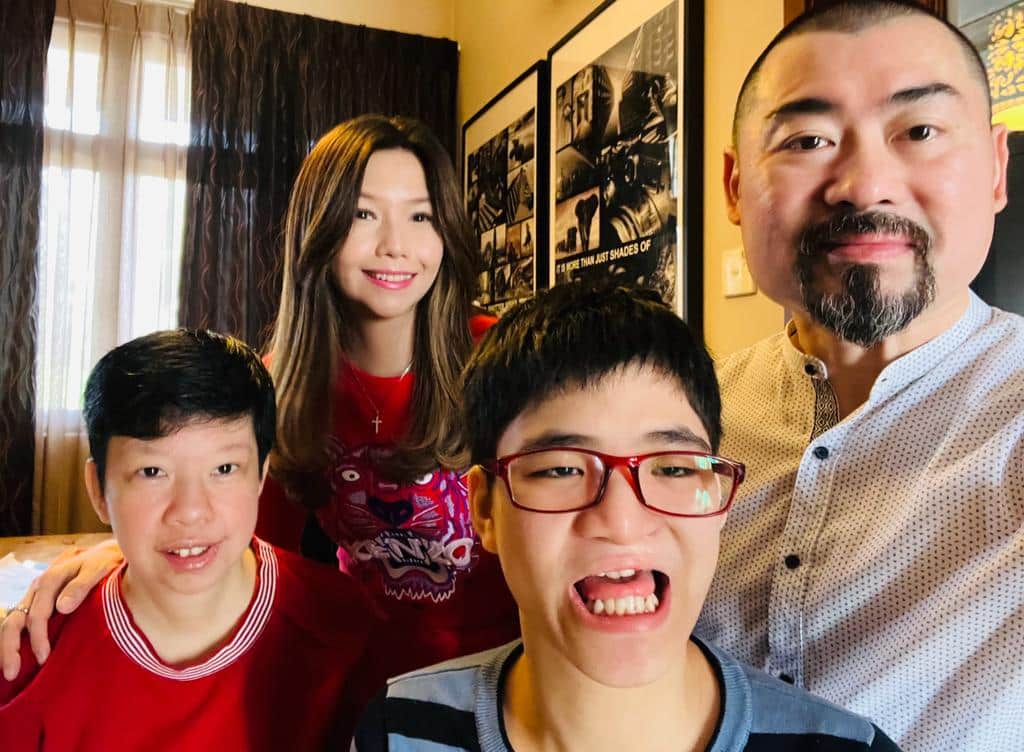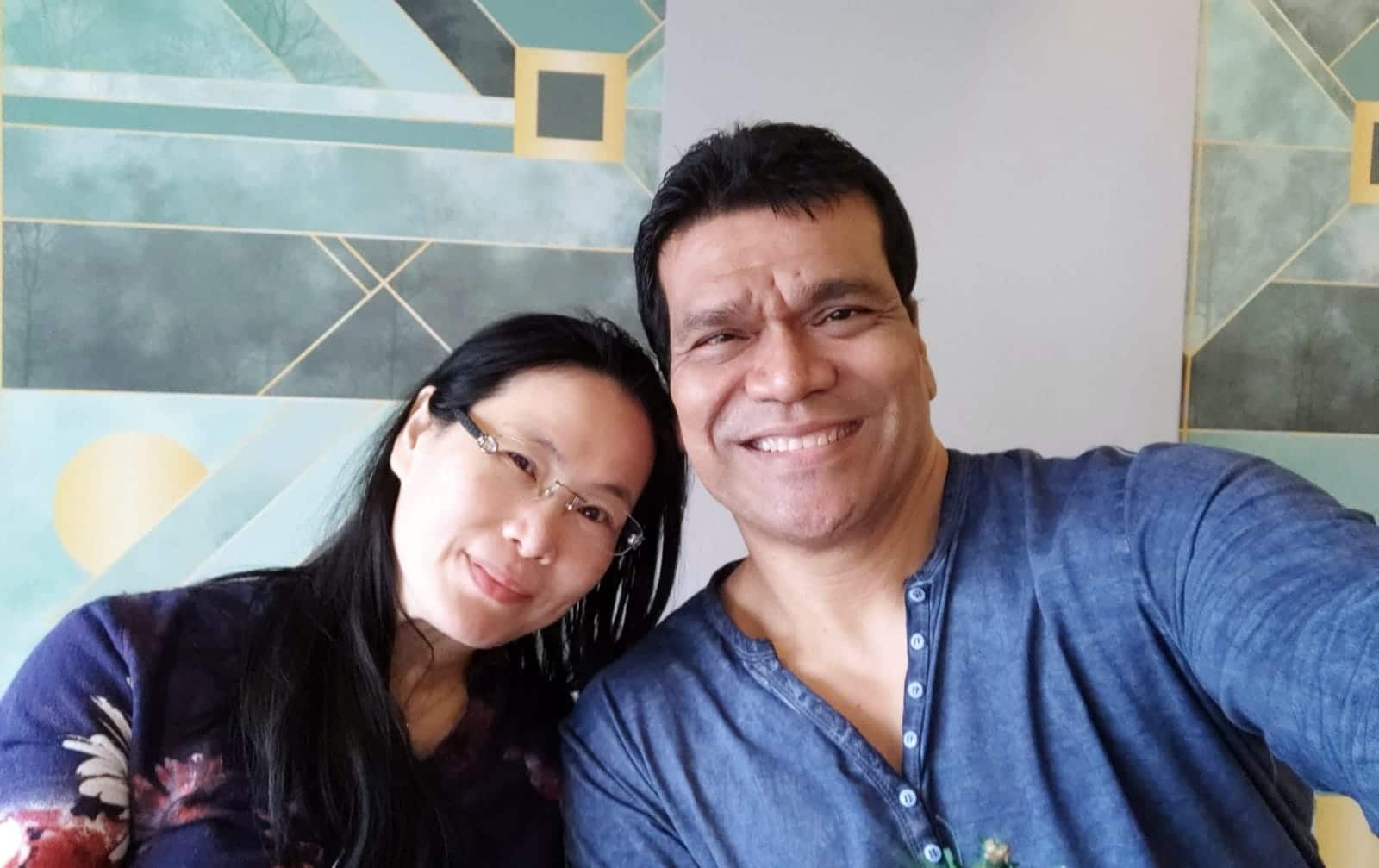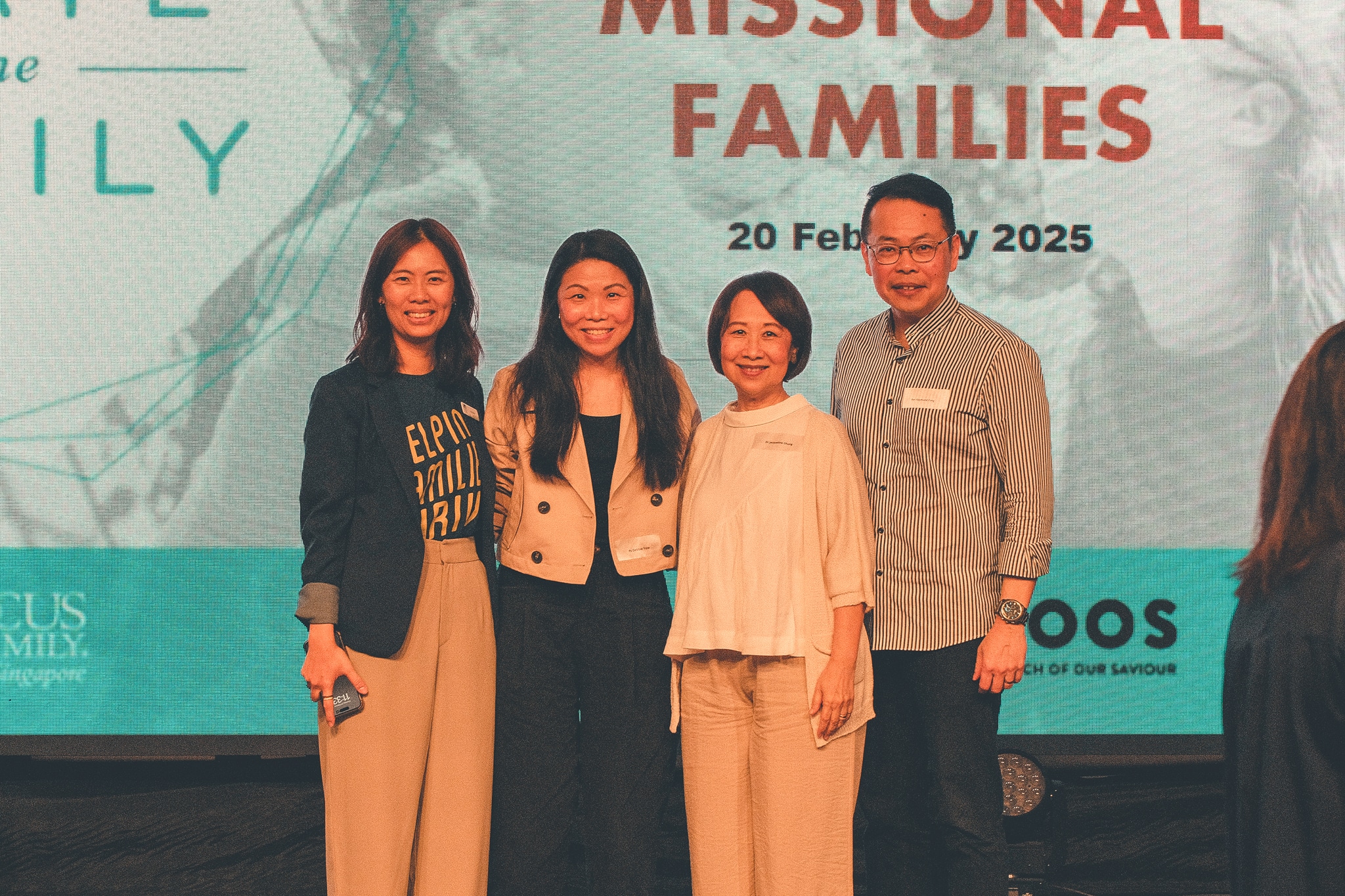
Photo by Warren Wong on Unsplash
At Singapore’s very first Healthcare in Missions conference, 120 students and young practitioners in the healthcare industry gathered for a time of networking, learning and sharing.
Not everyone was there to answer the call to overseas, cross-cultural missions – some were there to hear from the distinguished speakers and mentors, and others were just curious about this idea of “missions”.
Dr Lim Poh Lian, the head of Travellers’ Health & Vaccination Clinic at Tan Tock Seng Hospital, was the keynote speaker. She spoke on the issues of answering the call and missions in the context of a healthcare professional.
Dr Michael Ong, a medical missionary serving in Asia, remarked: “The sessions have given the audience very valuable guideposts and a broader perspective. They now have a framework to discern what God is doing in their lives.”
The four phases of ‘going’
In the last plenary session, Dr Lim broke down the mystical, stereotype-laden term of “overseas cross-cultural missions calling” into four phases: preparing, going, returning and supporting.
She said: “Every believer is called to a missional life, but there are different roles and different seasons of life. You might be in a season of life serving commitments.” This is the phase of preparation where, as Dr Lim put it: “You could go win an Olympic gold medal before going out to the mission field … seriously.”
Seriously, but not literally.
Every believer is called to a missional life, but there are different roles and different seasons of life.
Dr Lim was referring to Eric Liddell, the Scottish missionary who won the gold in the 400 metres event at the 1924 Summer Olympics. After completing his university degree in 1925, Liddell went to serve as a missionary in China. (His story was made into a movie, Chariots of Fire, which won four Academy Awards in 1982.)
For students and young professionals in the audience, the majority of whom have studies to complete and bonds to serve, this was an important aspect of missions that needed to be explained – “preparing” to go.
Dr Lim clarified that the call comes from the Lord Almighty, whose “heart is for the least, the last and the lost”. In fact, this missional life we are called to is to be “sent into the world to continue what Jesus did, to reconcile the world to God”.
Going … to where God has put you
Eventually, or not, there would be a “going” stage: the phase that would involve an explicit and literal response to “go” into the nations (Matthew 28:19), serving in cross-cultural ministry in villages, slums and refugee camps. But while “it is easy to see missions as ‘out there’, it is much harder, and less exciting, to see missions right here in our backyard – in your school, your hospital and around your neighbourhood”, she said.
The rich insights come from a life once lived in the field.
“God chose to situate you in a particular place with particular relationships. Don’t extract yourself unless you have an exceptional reason to.”
As a young doctor, Dr Lim did several short stints as a medical missionary. However, when she was in Zimbabwe on a short-term mission trip, she felt called back to Asia. God’s word to her was similar to what Paul wrote to the Christians in Corinth, telling them to remain in the position they were in when they were called (1 Corinthians 7:21-24).
Dr Lim answered that call. In 2003, despite having spent a good 20 years in the United States, she moved back to Asia with her husband and three young children. Three weeks after they landed, the SARS crisis hit Singapore. As an infectious disease specialist, Dr Lim was thrown into the frontlines.
It has been 15 years, and Dr Lim has become an influential voice in healthcare and has served on several high-level task forces in Singapore and the region.
“God chose to situate you in a particular place with particular relationships. He calls you to that place; don’t extract yourself unless you have an exceptional reason to.”
But if God calls, you must go.
“You are invited to partner with God in the work He is doing – you will embark on the adventure of your life.”
Healthcare professionals have been given the gift of helps and of healing. Healing is personal; “it points to the One who provides forgiveness and eternal life”. More importantly, “the job is not done if you heal people but don’t walk them that last mile to Jesus Christ”.
“It is part of a missional lifestyle to return to your church to share the things that you have learnt.”
Yet, while healing is not an end in itself, Dr Lim said it is very important to “understand the value of healing within the church and function fully with the gifts that we have been given”.
Going … and returning
With any form of “going” implies that there must be a “return” to something. In the case of missionary travels, this “return” is key to the growth of the sending church. “It is part of a missional lifestyle as well, to return to your church to share the things that you have learnt.”
Those who return from missions have the responsibility of sharing the joy of the Lord to encourage the church. Testimonies of the manifestations of God’s power and love build faith and bring glory to God. They encourage, motivate and galvanise the Church into a missional force.
The young participants at the conference were clear beneficiaries. The many mentors, distinguished speakers and older healthcare professionals who were in attendance spoke volumes on the importance of the returning and sharing phase.
This was not lost on Jonathan Chiu, 21, who is about to read dentistry this year. “The biggest wake-up call for me came last night where Dr Lim shared her story. Her entire career has been directed by God. Every direction shift, every gap year arose out of listening to God’s heart. And that gave me peace, because I have also decided that whatever decision I make in my career should arise out of a desire to please God.”
Going … by giving
Another important aspect of missions is the support – specifically, providing support to missionaries, both in terms of financial and practical help.
Dr Lim stated, point-blank: “He who dies with the most toys, dies. It doesn’t matter even if you’ve got a million dollars in the bank. When you die, you die. You’re not going to take any of that with you.” Then, she addressed the “elephant” in the room: “Even as students, learn to tithe consistently. The point is to build the habit.”
Healing is part of Christ’s ministry of restoring, redeeming and reconciling.
At the end of the day, the call to living a missional life is the stewardship of the gifts that God has given. As healthcare professionals, there is also the gift of healing. It is yet another part of Christ’s ministry of restoring, redeeming and reconciling the world to Himself.
Going … now
But to the students, what does the missional life actually look like in the present?
Dr Lim had this to say: “ ‘In whatever you do, whether in word or deed, do it all in the name of the Lord Jesus, giving thanks to God the Father through him.’ (Colossians 3:17) Give thanks for the opportunities you have been given, to do the things that you are doing, to learn the things that you are learning. Do it as well as you can.
“In this period, you are preparing but also supporting. Build your lives with care. Choose what you will invest your time and talents in – at home or abroad.”
Practical steps to living a missional life ... today
A missional life is the calling that applies to every believer. The Great Commission (Matthew 28:16-20) applies to true discipleship, both at home and abroad.
At the conference, Dr Lim Poh Lian also shared some practical steps you can take to start living a missional life – wherever you are right now:
1. Spend time seeking the Lord to stoke the fire in your heart for missions.
2. Honour the Lord with all that you have and become the best you can be; your skills and knowledge will be helpful someday.
3. Make wise life choices. In marriage, choose your spouse wisely. In money matters, cultivate a simple life and good habits.
4. In your career, find what you love (or at least, like) and do it well. Sometimes your calling may be an avocation just like Jesus was a carpenter, Paul a tent-maker, Lydia a businesswoman.
5. Tithe and use your finances to support Kingdom work. For where your treasure is, there your heart will be also.
6. Explore the world, travel, go on short-term mission trips and visit the different mission works.
7. Pray for a people group. Ask the Holy Spirit to put a nation or people group on your heart.
8. For established professionals, consider working as locums for missionaries who need a break
9. Provide practical help to missionaries you know.
10. Participate in Singapore-based outreaches to different people groups.
We are an independent, non-profit organisation that relies on the generosity of our readers, such as yourself, to continue serving the kingdom. Every dollar donated goes directly back into our editorial coverage.
Would you consider partnering with us in our kingdom work by supporting us financially, either as a one-off donation, or a recurring pledge?
Support Salt&Light


